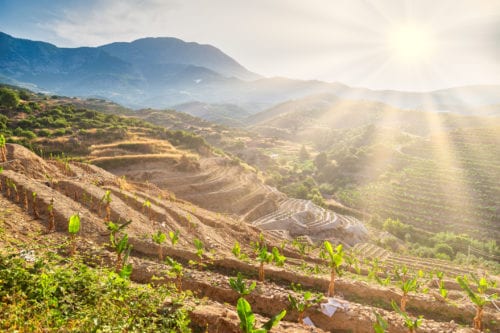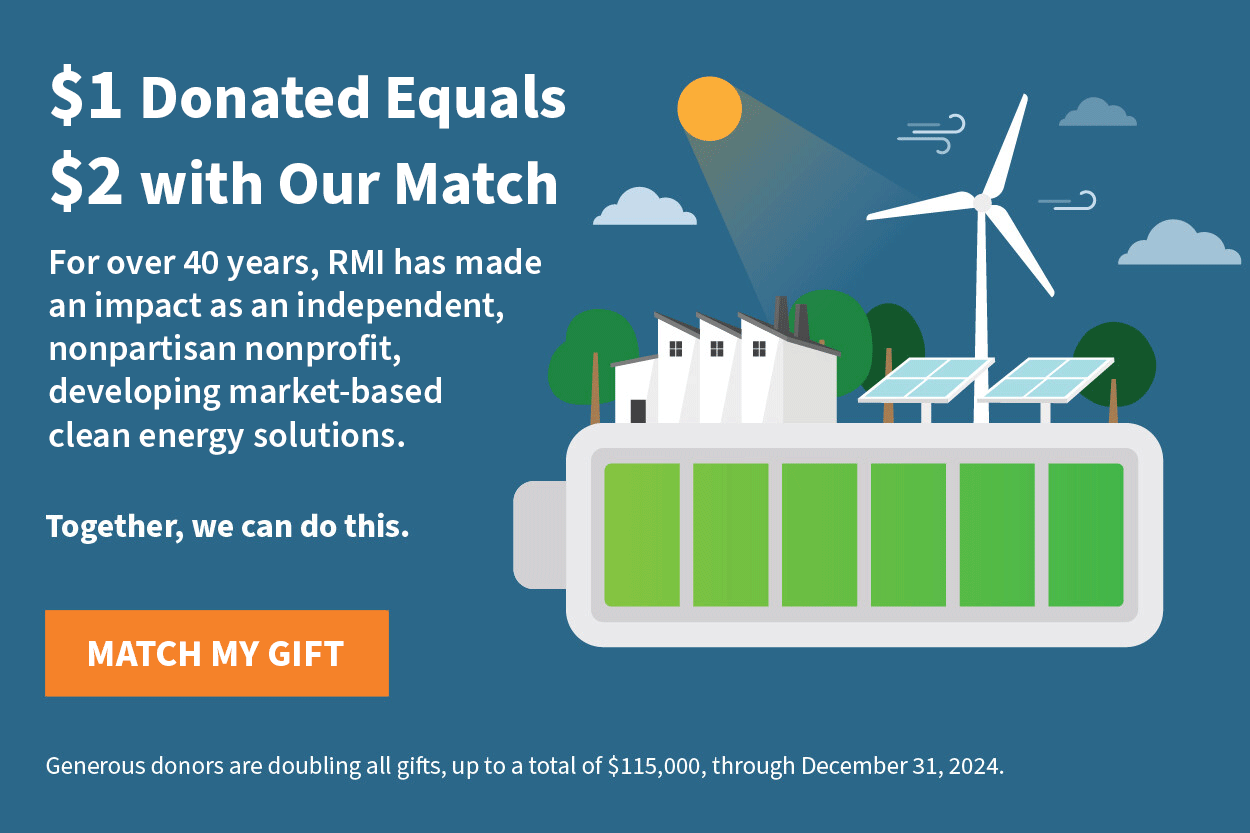Landscapes series

A Greener Caribbean is Possible with Resilient Distributed Energy
Historically, Caribbean electricity systems have heavily relied on imported, dirty fossil fuels burned at a central plant. In recent years, Caribbean leaders have spearheaded a transition to distributed local resources that are connected to the electricity grid at various locations. In the process, Caribbean islands are leaders in the global energy transition.
Despite the challenges of the COVID-19 pandemic, the Caribbean is poised to accelerate this transition. Every island is unique, but the trend toward utilizing local resources—like the sun and wind—results in lower electricity costs, increased resilience to external weather shocks, and enhanced economic development and diversification. That means that when a hurricane or other extreme weather event occurs, islands are able to get their lights back on more quickly.
Rocky Mountain Institute’s Islands Energy Program explored the potential that resilient distributed energy resources can play in stimulus efforts in a new report, Green Stimulus in the Caribbean: Resilient Distributed Energy Resources Can Support Job Creation and Economic Diversification.
The first immediate need for the Caribbean region, like the rest of the world, is jobs. The pandemic has raised unemployment rates, and it’s critical to provide jobs now. Stimulus efforts can also focus on jobs that bring additional benefits, for example for individuals to further their careers and utilize skills that will be in demand across the Caribbean region for years to come.
Distributed Energy at the Center
Centering stimulus efforts on energy sector opportunities, and specifically on implementing distributed energy resources (DERs) such as solar PV, wind, electric vehicles, and energy efficiency, can lead to near-term job opportunities with lasting impacts.
The Green Stimulus report identifies specific opportunities to create immediate and diverse jobs including: project managers, electricians, civil engineers, electrical and mechanical engineers, plumbers, machinists, heavy equipment operators, technicians, metal workers, general construction workers, designers, and salespeople. From analyzing a representative island, we found an opportunity to create immediate job opportunities that offset approximately half of the job loss seen during the current pandemic by focusing on DERs, including:
- 750 jobs over five years by pursuing 50 megawatts of solar PV;
- 300 jobs over five years by pursuing 30 megawatts of wind;
- 300 jobs over three to four years by converting 10,000 vehicles to electric;
- 300 jobs by installing electric vehicle charging infrastructure for every 10,000 vehicles; and
- 100 jobs and 80% energy savings by investing $10 million in energy efficiency updates in existing buildings.
Emphasizing clean DERs within stimulus efforts also supports the diversification of local economies by focusing on sectors beyond the Caribbean’s core economic area of tourism. A good example of this in practice is the agriculture industry.
Across the Caribbean, entrepreneurs have started a wave of grow local–eat local initiatives that created a rebirth of agro-industry in the region. Most islands import over 80 percent of their food from Europe and North America. Investing in this agro-industry will not only create a great opportunity to enhance food security and improve the health of Caribbean residents, but also contribute to a substantive economic stimulus.
Transitioning to renewable energy will improve farmers’ yields, increase profitability, and enable expansion to new markets. It will also create new jobs in the sector. As farms grow, more workers are hired. Reduced costs will also enable new entrants to the market. The average small farm has approximately three workers in addition to the owners. These farms could potentially grow tenfold allowing farms to add additional workers, equating to thousands of additional agricultural jobs.
The Caribbean islands are well positioned to lead and inform COVID-19 stimulus efforts in other regions, as they transition their economy through the catalyst of clean energy to a more diverse set of sectors beyond tourism, including agriculture. They were deeply impacted by the pandemic and tasked with adapting to new ways of business in a rapid manner. Embracing DERs is a pathway to creating immediate job opportunities and longer-term resilience and economic diversification. Which means building back better, for both the short and long term.
